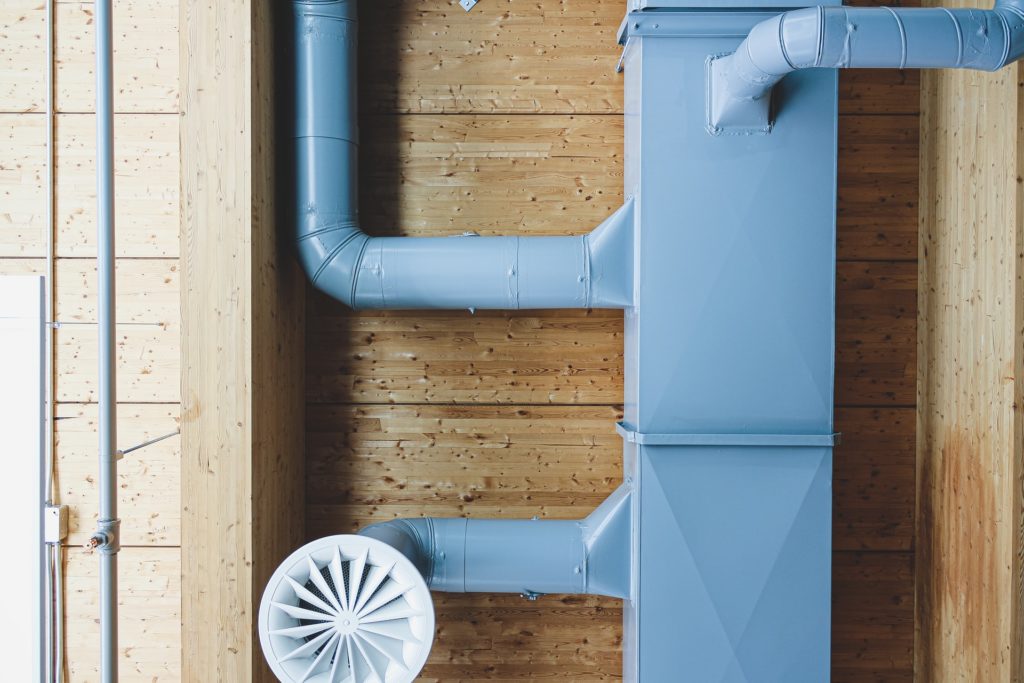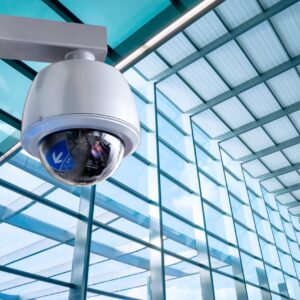Whether it cools you during a heatwave in July or warms your household in a middle of a February blizzard, you depend on your HVAC system to deliver a comfortable home. However, issues can arise with an HVAC, much like your average household appliance. While these are sometimes electrical or mechanical failures, most problems are preventable by doing a little routine maintenance. Here’s some advice that could keep your HVAC system running steadily through its lifespan while sparing you from dropping big bucks on repairs.
Cleaning Ducts and Filters
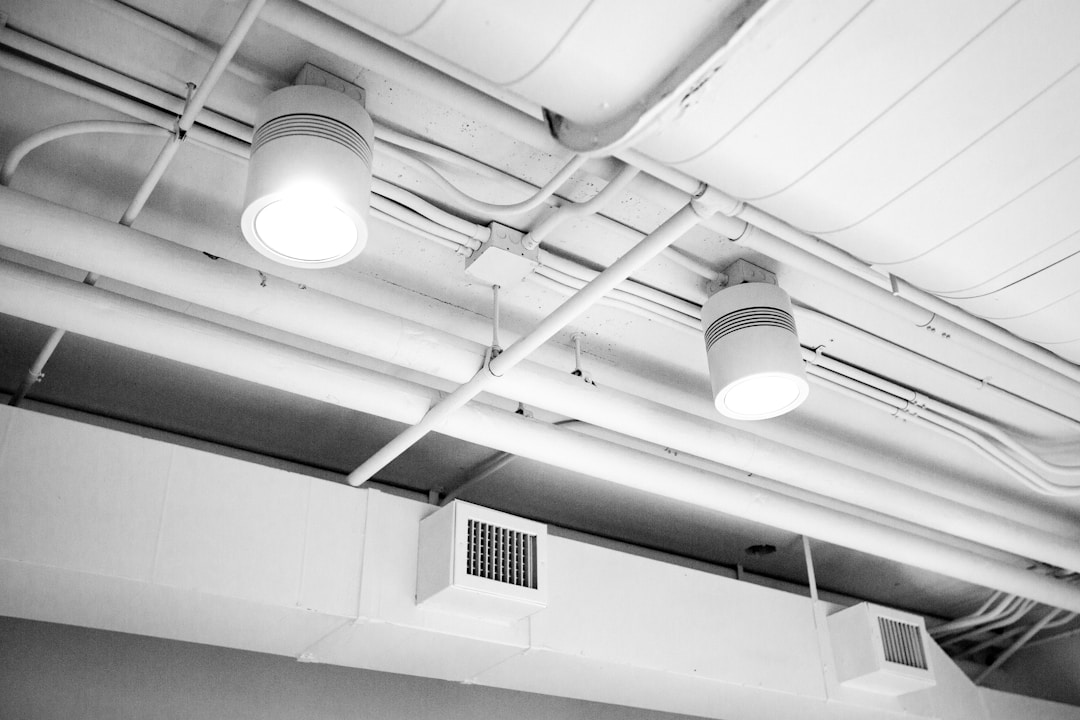
One of the easiest steps to take for proper HVAC system maintenance is just some simple cleanliness. HVAC ducts and vents can accrue a significant amount of dust and other foreign matter over time. If not properly cleaned, it will fester, growing bacteria and negatively impacting your indoor air quality. It’s important to maintain a cleaning schedule with your filters. Replace dirty filters at least every six months, rotating with seasonal use. This will prevent any clogs with ductwork or air filters.
Blocked-up vents will negatively impact your energy efficiency. Homeowners may crank up the thermostat expecting the furnace to kick on but not experiencing the proper temperature. You’ll likely adjust the thermostat higher, thus putting greater pressure on the HVAC system. This will send energy bills soaring with little return for home comfort. Regular maintenance will help to assure that dangerous growth like mold or viruses doesn’t find a breeding ground within your ducts.
Removing Debris
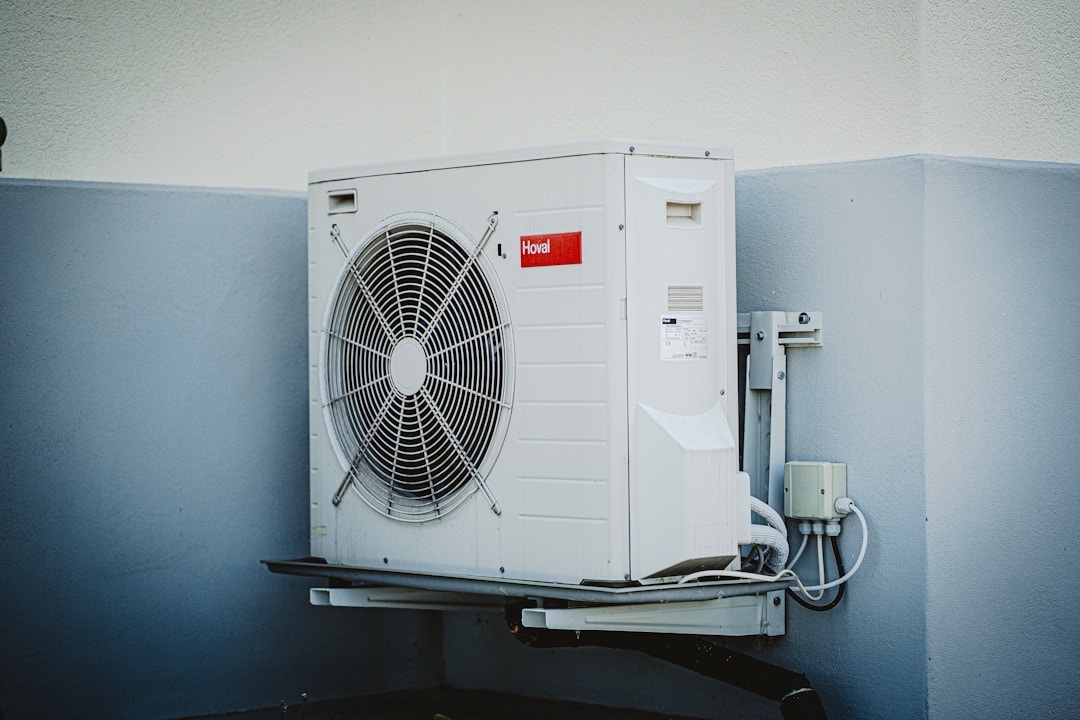
Crud and other buildups inside an HVAC unit can lead to issues with equipment. If you notice clanking, banging, or other noises that won’t go away, it’s time to check your central air conditioner. This could be anything from fan blades rusting over to internal belts coming loose. These noises are the sound of an HVAC system draining your bank account. If left ignored, it could shorten the life span of even a brand new HVAC system. Cracks within a heat pump can render a furnace useless and dangerous in some cases if there isn’t proper ventilation in a household.
Let’s say you have a ductless HVAC system. It’s important to regularly clean an outdoor unit to clear away any debris that could be blocking the proper airflow of your heater or air conditioning. Shutting down power and taking a garden hose to the unit is a quick fix to the external unit. If dirt clogs up evaporator coils and air filters, it interrupts the cooling process. The earliest sign of this is warm air coming from vents when the air conditioner is turned on, inconsistent cooling, or power failures.
Bringing In the Pros
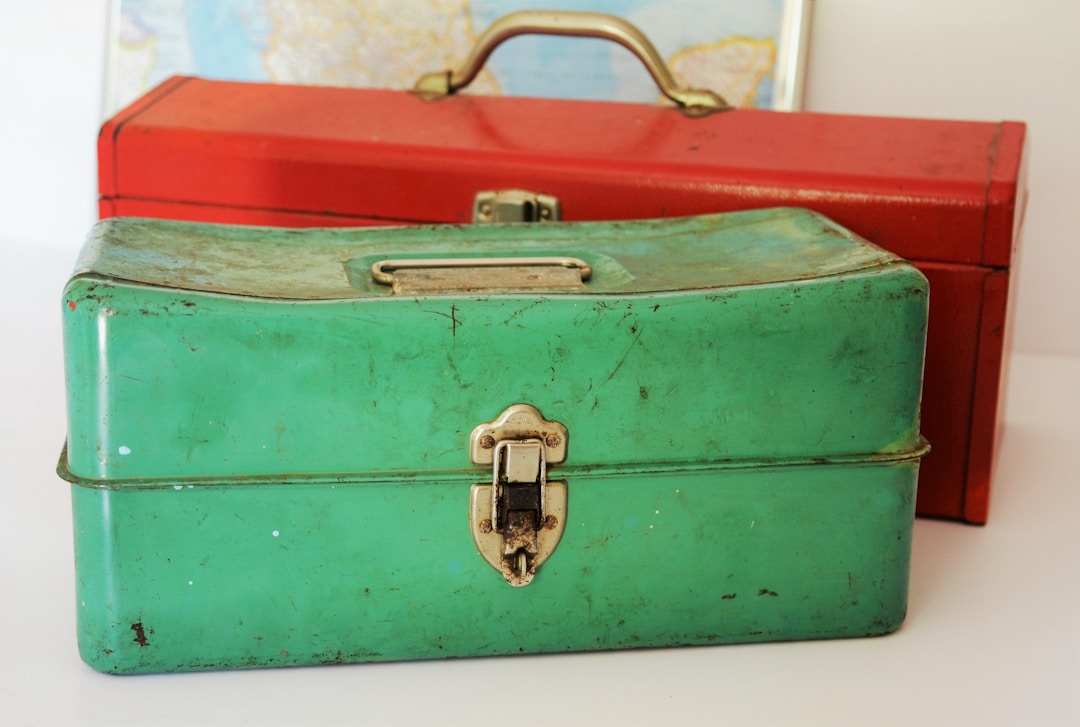
Most homeowners can handle the regular maintenance of an HVAC unit, changing air filters, and general cleaning. However, it’s recommended that an HVAC technician be a part of that maintenance regimen. Annual maintenance by a technician is recommended to inspect a system from top to bottom, including:
- Inspecting ducts for seeps and cracks
- Checking for coolant and refrigerant leaks
- Evaluating condenser units and other equipment
- Checking wires for possible corrosion
While this may seem like an expense, the truth is bringing in a technician regularly can help your bottom line. By spotting issues with your HVAC system early on, you can spot future problems and avoid spending far too much later on repairs. This will also pave the way for lower energy bills. Plus, professional maintenance can handle emergency repairs and certain issues within a unit that homeowners should not handle, specifically dealing with any refrigerant lines.

